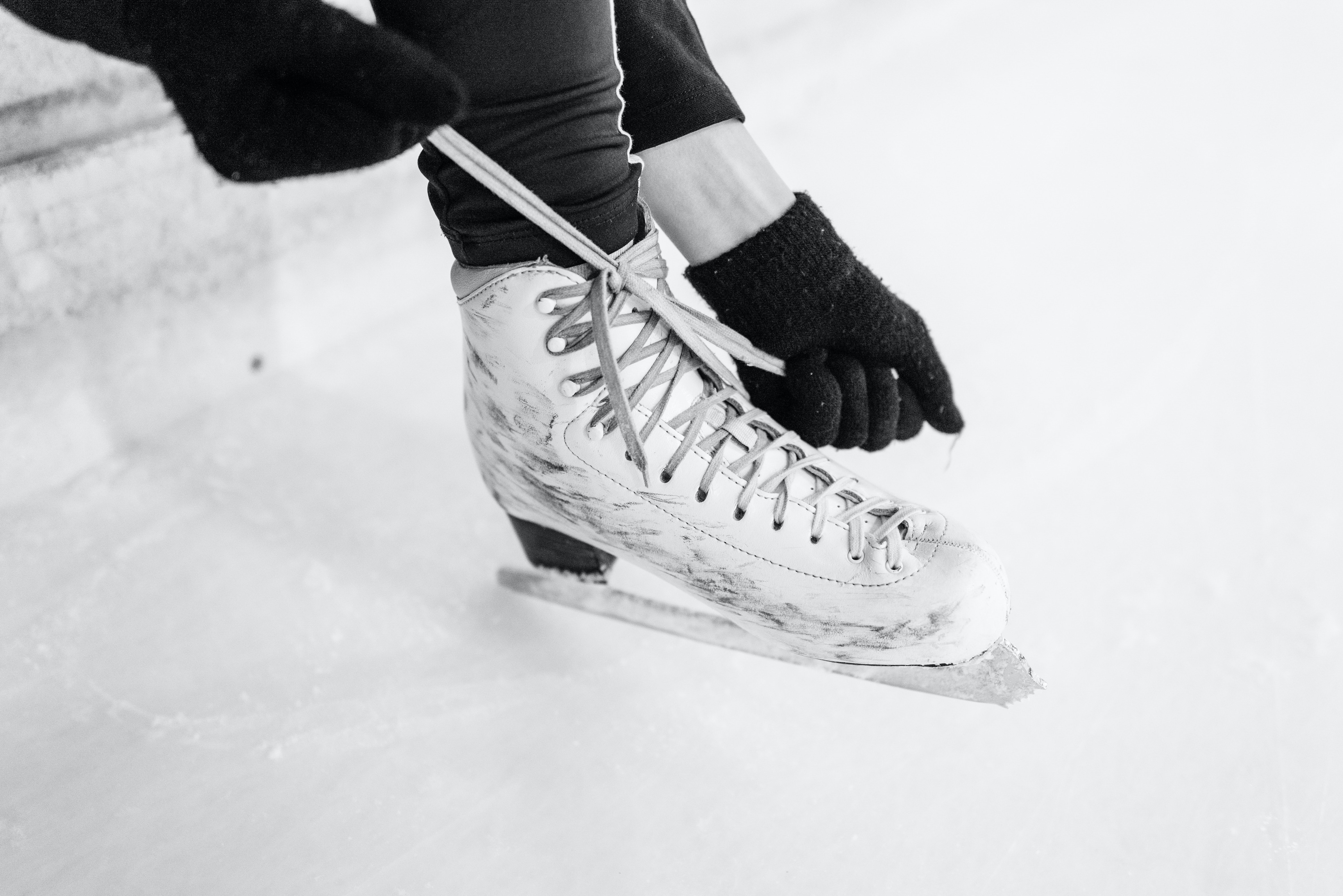
Today the Opening Ceremonies will start the XXIV Olympic Winter Games. If we look at the last winter Olympics in 2018, there were nearly 3,000 athletes competing on 92 different teams, in 102 events. The overall winner of those 2018 games was Norway, followed by Germany and Canada. It remains to be seen who will take home the most gold medals in these games, but what if we had an Olympics in Education Systems across the globe?
Interestingly, many countries who do not fare well in winter sporting events - excel in education. At the very top of the most recent education systems rankings is South Korea. And while they were gracious hosts to the 2018 games, they finished with a modest 17 medals. Likewise, a country like Norway who is a powerhouse in winter sports, finished outside the top 20 in world education rankings. There is obviously no real correlation between athletics and education, but we can infer some lessons about what might translate to both athletic and academic excellence.
For example, both the Netherlands and Germany have an aggregate ranking of nine (Germany second in the games, and seventh in education - Netherlands fifth in the games and fourth in education). There are many factors that determine the strength of a country’s education system, including: Early Childhood Enrollment, Primary Completion Rates, School Safety Levels, and Adult Literacy Levels (among others). But what about these two education systems stands out?
There are two main factors that both the Netherlands and Germany share when it comes to education systems. The educational standards at local schools and also at higher education institutions are very high and they also have a strong commitment to vocational education.
As you watch the Olympics this year, enjoy the beauty and grace of the athletes, but also marvel at some of the lesser skilled athletes who may just be the next Nobel Laureate.